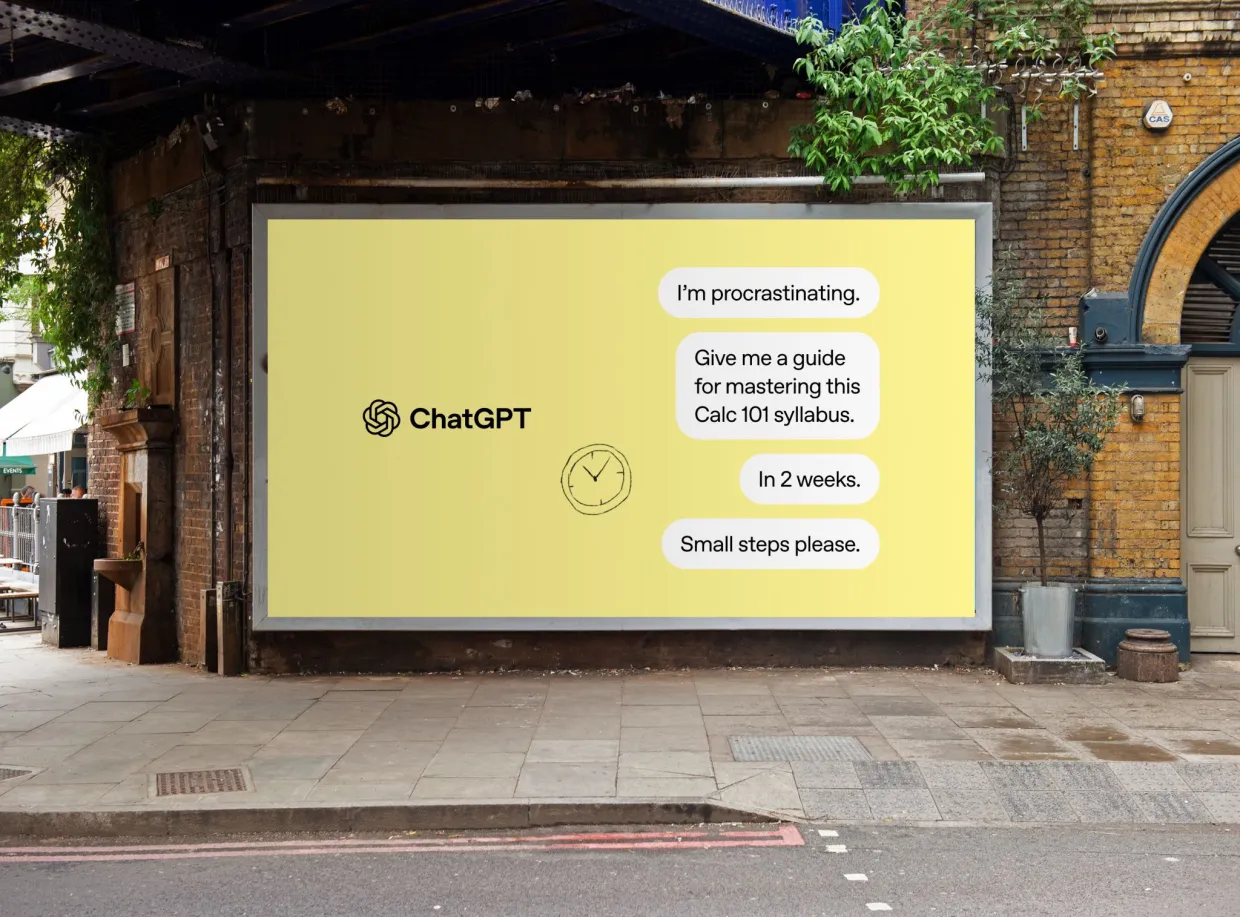As AI models inch closer to human-like capabilities, a critical skill remains elusive—autonomously navigating the web to locate obscure, entangled, and hard-to-find information. OpenAI’s newly released BrowseComp benchmark aims to fill this gap by introducing a rigorous new test of browsing intelligence for AI agents.
A New Era of Evaluation for AI Agents
BrowseComp (short for Browsing Competition) isn’t just another benchmark—it’s a reality check for AI browsing agents. While prior tests like SimpleQA focused on basic factual recall, BrowseComp challenges models with over 1,200 intricate and layered queries that mimic the complexities of real-world web search. These aren’t trivia questions—they demand creative search strategies, multi-hop reasoning, and resilience in the face of digital ambiguity.
The benchmark was developed with the core idea that finding answers is often significantly harder than verifying them. This “asymmetry of verification” makes BrowseComp uniquely well-suited for evaluating how effectively an AI can extract elusive facts from the vastness of the web.
What Makes BrowseComp Unique?
The benchmark’s strength lies in its design. Each question is built to be:
- Factually anchored: Answers are short, time-invariant, and easily verifiable.
- Web-resistant: Trainers ensured that answers couldn’t be found with five straightforward web searches.
- Time-intensive: Trainers reported that most questions couldn’t be solved in under ten minutes—even by humans.
- Expert-vetted: The OpenAI team employed rigorous human verification, where even human trainers solved only 29.2% of the questions they didn’t create.
Example challenges include tracking down obscure TV characters, authors’ pseudonyms based on nuanced biographical hints, and scientific papers identified by author education history. One real question asked: “Give me the title of a paper from EMNLP 2018–2023 where the first author studied at Dartmouth and the fourth at UPenn.” Not trivia—this is research-grade sleuthing.
Model Performance: A Reality Check for AI
OpenAI tested various models on BrowseComp, revealing just how far we are from a universally competent web-search AI:
- GPT-4o: 0.6% accuracy
- GPT-4o with browsing: 1.9% accuracy
- GPT-4.5: 0.9% accuracy
- OpenAI o1: 9.9% accuracy
- Deep Research Agent: 51.5% accuracy
The clear leader, Deep Research, was built explicitly for high-end browsing. It excelled by persistently navigating the web, synthesizing dispersed information, and strategically pivoting search tactics. Yet even it failed 14% of the tasks entirely, suggesting there’s no shortcut to browsing brilliance.
Scaling with Compute: Persistence Pays Off
Another key insight from BrowseComp is the role of inference-time compute. The Deep Research model’s accuracy improved significantly with more compute and by running multiple attempts per question. Using majority voting, confidence-weighted voting, and a best-of-N approach, accuracy gains ranged from 15% to 25%.
Interestingly, best-of-N consistently outperformed others, indicating the model often “knew” when it had found the correct answer—a strong sign of growing metacognitive awareness in AI systems.
Diverse, Human-Curated Topics
To ensure broad applicability, BrowseComp questions span diverse domains:
- TV & Movies: 16.2%
- Science & Technology: 13.7%
- Sports: 9.7%
- History: 9.9%
- Music: 9.2%
- Politics: 4.7%
- Others: 15.6%
Questions were designed by trainers based on personal interests, producing more organically difficult and engaging problems. This added a human layer to the benchmark’s complexity.
Implications: A Benchmark for the Next Generation of AI
BrowseComp is a milestone—not for what it definitively proves about AI, but for what it demands. It sets a new gold standard for evaluating how well AI systems can navigate the real-world web under real constraints.
Its focus on persistent reasoning, search strategy adaptation, and source evaluation pushes models toward higher levels of trustworthiness and general intelligence.
While not perfect, BrowseComp fills a critical gap between factual QA and human-level search skills. Think of it as the Codeforces of web browsing: not the final destination, but an elite proving ground for advanced AI capabilities.
Moving Forward
By open-sourcing BrowseComp, OpenAI invites researchers, developers, and AI companies to stress-test their agents on this benchmark and contribute to the evolution of real-world search intelligence.
With agents like Deep Research breaking 50% accuracy and traditional models floundering below 2%, one thing is clear—mastering BrowseComp will be a hallmark of the next generation of truly intelligent AI systems.
Stay tuned to Superintelligence News for in-depth reporting on emerging AI benchmarks and agent evolution.





